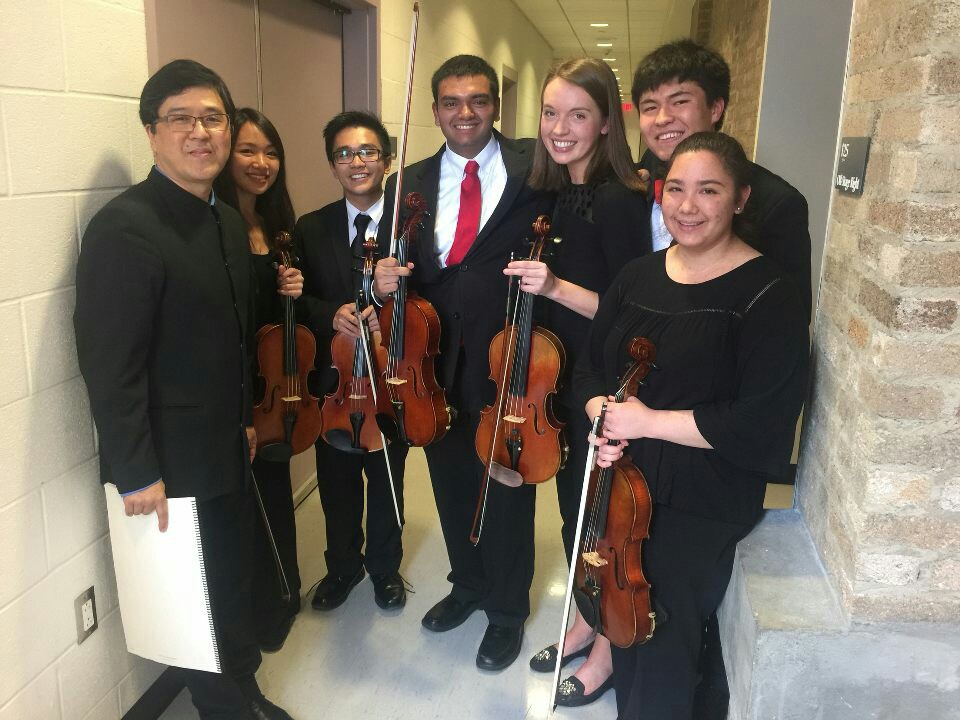Whenever I go to the restroom, I always manage to see the sign and contact information for the advocacy center. I have never really thought much about it, but Wednesday’s Rose cafe gave me a better understanding of what the Advocacy Center is all about.
Laura Rodriguez de Simons, a worker at the Advocacy Center described her work as helping people in the Tompkins County area by offering them free psychological and mental support. I was surprised to learn that even in a more rural area like Tompkins county, an organization like hers is constantly busy. I thought that this shows that no matter where one lives there will be people in need. As a student at Cornell, one can easily disregard all the suffering that occurs behind the scenes, even though he/she may not intend it. We usually leave this dark side up to places like the Advocacy center to deal with.
After the talk, I realize that that if we want to help a community, there is always room for more volunteers. Even in the countryside where one would not expect social problems, they actually do exist. While this might sound depressing, it is good to remember that there is always oppertunity to help others. No matter what career path one chooses or where they live, he she/ can always contribute his/her skill to a place like the advocacy center.

 While this particular performance was very exhausting compared to others, it was also a great one. I am already looking forward to next semester’s performance!
While this particular performance was very exhausting compared to others, it was also a great one. I am already looking forward to next semester’s performance!